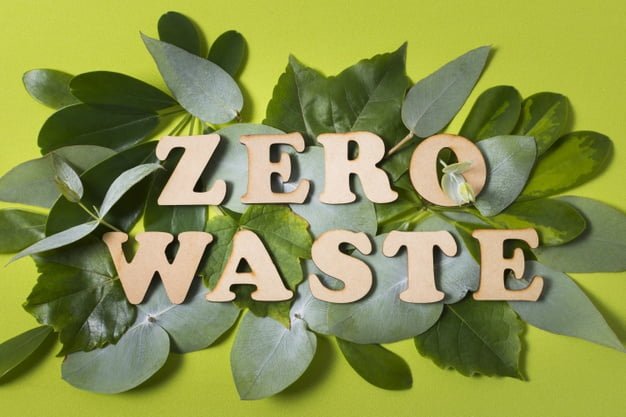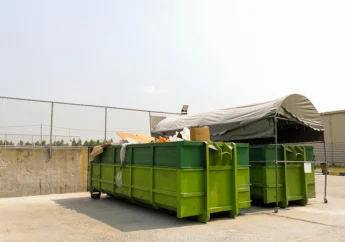How To Make Sustainability A Reality In Manufacturing
by Arnab Dey Green Business 30 January 2023

In recent times, the realization has dawned that the natural resources used to manufacture products or used as an energy source will eventually become scarce or nonexistent.
This awakening has provided an incentive to research and engineer ways to produce products using biological substances with replenishable energy sources.
Sustainable manufacturing is a growing industry that uses sustainable materials, renewable energy, and zero-waste practices. In addition, consumers have led to a push for manufacturers to ‘go green‘ and produce sustainable products by sustainable means.
Here Are Five Prime Steps To Make Sustainability A Reality In Manufacturing
This article will discuss the efforts manufacturers are making in sustainability production.
1. Sustainable Materials

Materials that are produced using plant or animal-based materials are considered sustainable materials. So manufacturers have been exploring how best to incorporate these materials into their products while still making a high-quality product for the industry they are serving.
Let’s look at rubber as an example. Yes, rubber is plant-based, but just using natural rubber alone cannot work in some applications. For example, the automobile industry does use natural rubber on tires, engine mounts, and wiper blades.
However, other items, such as hoses for air conditioning and engine seals, must be made from synthetic or silicone rubbers to be an impact, chemical, and temperature resistant.
Synthetic rubbers are produced using oil, coal, and natural gas. In contrast, silicone rubber is made from silica quartz combined with methyl chloride. Silica quartz is a natural resource found in quartz sand.
Bio-based rubber or elastomer products can be produced as an alternative to natural-resource-derived rubbers. For example, a bio-based EPDM rubber product derived from sugar is tough enough to be used in automotive applications.
Some examples of bio-based materials made into rubber include:
- Starch
- Cellulose extracted from plant cell walls and vegetable fibers
- Vegetable oils
- Fatty acids
- Organic waste
- Sugars
2. Renewable Energy
The energy that is not renewable is derived from natural resources that are not replenishable. Once resources like coal, natural gas, oil, and nuclear energy are used up, nothing will be left to supply energy needs.
Renewable energy is collected from continually replenished resources that can never be exhausted. That’s why more manufacturers are looking into renewable energy sources, such as the sun, wind, or geothermal pumps, as energy sources to continue their manufacturing processes.
Not only are manufacturers incorporating power purchasing agreements for solar and wind energy resources, but some are even installing on-site power generators using solar panels, wind turbines, or geothermal pumps.
3. Zero Waste

Sustainable manufacturers also pay attention to the waste their manufacturing process may generate. For example, trying to limit water use, reusing the water, then recycling the water eliminates water waste.
Related: Transform Your Waste Management: Discover The Power Of Sustainable Waste Modeling!
4. Conserve, Reuse & Recycle Water
Manufacturing facilities have been investing in equipment that recycles water used in their manufacturing processes. For example, manufacturing facilities can use clean-in-place (CIP) systems, condensate recovery methods, cascading rinse processes, and recycling technologies to conserve, reuse and recycle water.
5. Using Recycled Plastics

Manufacturers that produce plastic products have been quite successful in incorporating recycled plastics into newly manufactured plastic products. For example, Rubbermaid makes more than 70 products made from post-consumer plastic.
To Remain Competitive, Sustainability in Your Manufacturing Facility Must Become a Reality
Investing in sustainable materials and methods will help lower costs and boost profits in the long run. Waste equals more costs in a manufacturing facility, thus providing an incentive to eliminate waste and become leaner. Sustainability in manufacturing accomplishes this goal.
More and more consumers are becoming eco-aware; they are buying products made from sustainable materials that are degradable, biodegradable, compostable, and recycled. Because of this, sustainability is necessary for your manufacturing facility to remain competitive.
Read Also:







































































































